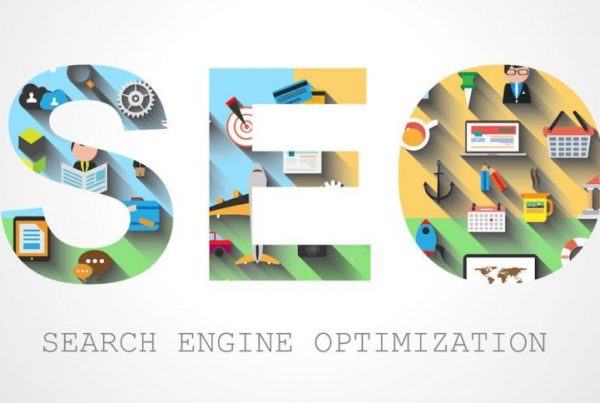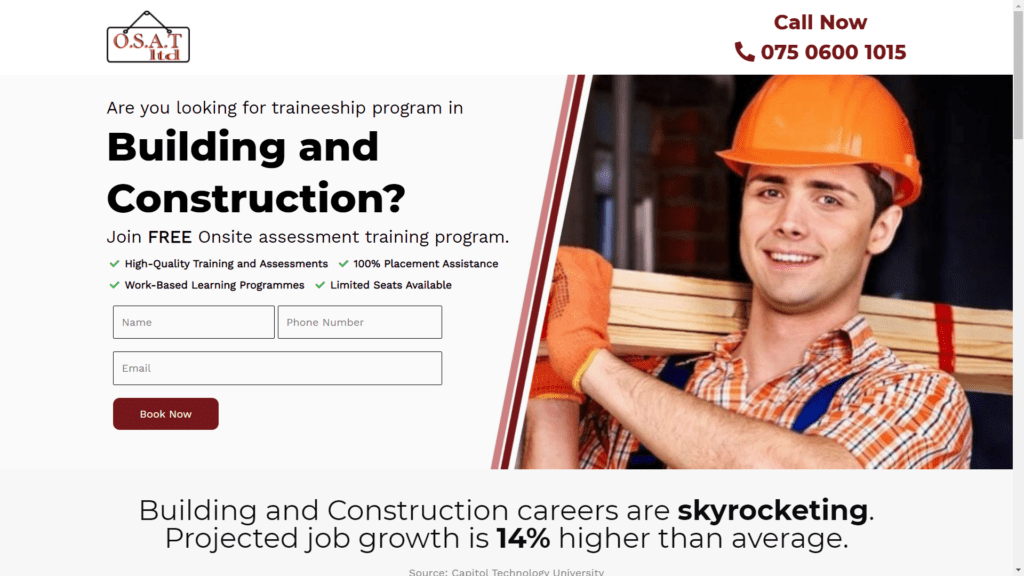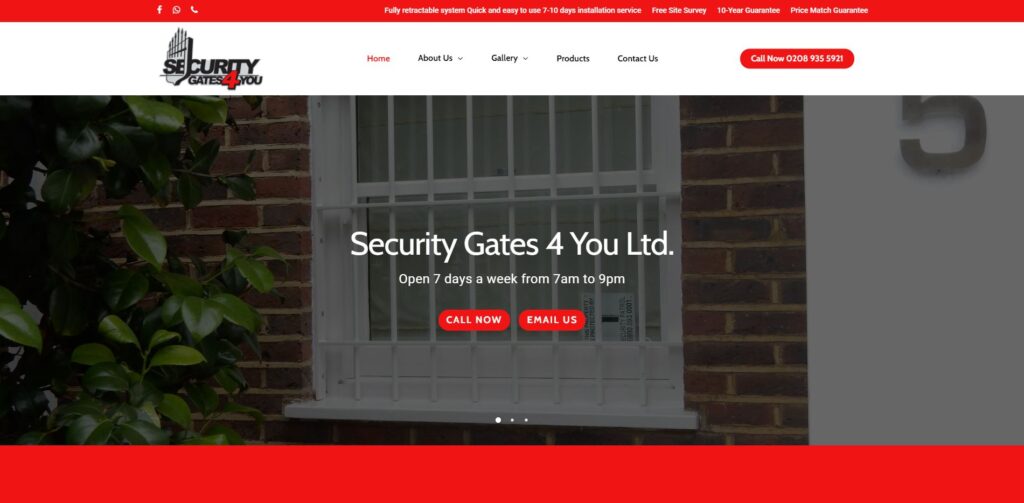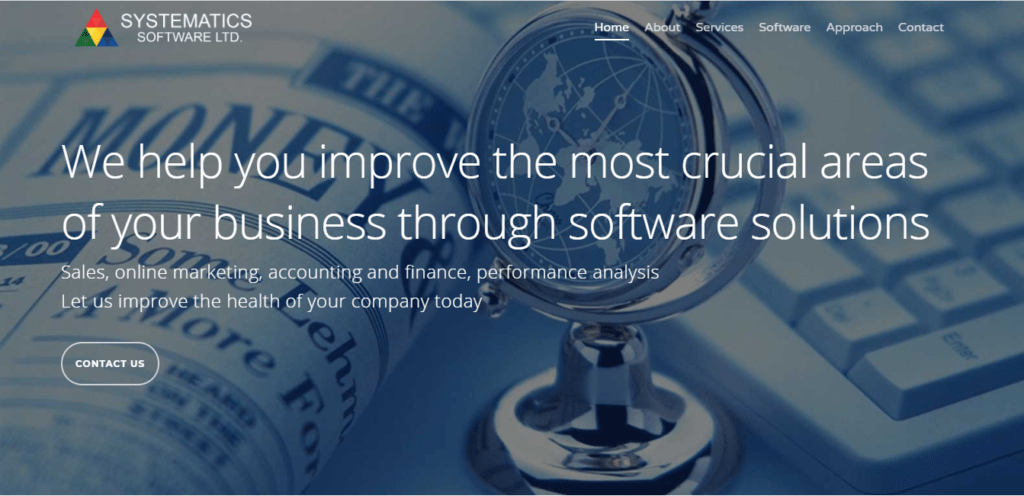Google’s new Panda update places a strict importance on a website’s loading speed and mobile-optimisation. In fact, these two things can majorly affect your overall ranking and increase you bounce rate, making you lose clients.
Here’s a relatable example to help you understand the process: Stop what you’re doing and take out your phone. Launch your web browser and go to the website of your favourite neighbourhood eatery. Count how long it takes for it to load. Is that a second? Three? Five? Keep an eye on how your patience wanes as the time passes to see if you’re tempted to click away.
Although the figures vary, the majority of research concur that mobile visitors abandon pages that take longer than three seconds to load by about 53%.
Additionally, Google takes website page load time into account when calculating your site’s search engine ranking, or where you appear on the page. The fewer people that see and click on your site, the deeper down the page it is. You risk losing not only current customers but also potential ones if your website takes a long time to load. Currently, Google considers two seconds to be the ideal website loading time. Any pages that load more slowly than that should anticipate having their ranking affected negatively.
In this blog, we’ll explain the stats to you, as well as give you a few tips to help you improve your website. Read on to learn more.
How Many Clients Do You Risk Losing With A Slow Loading Website?
Your website’s bounce rate increases as more people exit your website without visiting other pages. When your website isn’t mobile-friendly and slow to load, more people are likely to “bounce”/leave.
Having a high bounce rate directly affect how Google ranks your website as well. When Google sees a higher bounce rate, it knows that your page isn’t what consumers may be looking for. This makes them drop your website lower on the ranking list, further affecting the number of leads/clients you receive and sales you make. It’s a vicious cycle. Here are some stats to help you understand how many clients you could potentially lose:
- More than half of consumers anticipate a load time of two seconds or less.
- About 40% of website visitors will leave if a page takes longer than 3 seconds to load.
- Delays in web page loading have a substantial negative impact on customer satisfaction.
Do you worried about your website performance?
Don't worry, we do website audit for you free of cost
Free website auditThe Psychology Behind It
To really understand the impact slow speed and mobile optimisation have, it’s important to understand the psychology behind it. We are, at the end of the day, a product of our environment.
The new digital age has led to the need for instant gratification, since we have everything we could possible want in the palm on our hands (i.e. mobile phones). Most people rely on their mobiles for social media, news, and even shopping. Convenience is what we seek, and when a website doesn’t fit the category, consumers are likely to stop interacting with it.
Many of us today can’t spend more than eight seconds without some type of external stimulation since the digital age has reinforced the need and thrill of quick gratification.
Customers judge your whole company depending on your website and how quickly it loads. Users not only anticipate seeing results quickly and feel dissatisfied when they don’t, but page speed can also directly affect their professional judgment of you.
Users perceive a slow or cumbersome website as a reflection of how your business is managed and how much it cares, and with more than 40% of visitors who had a negative experience stating they’d share that bad experience with others, it’s in your best interest to seriously tidy up your website.
How To Improve Your Website’s Loading Speed
Now that you understand the psychology behind it and why loading speed affects your business, you can take it easy knowing you have a helping hand with Explosion Digital. We have a list of tips to help you increase your loading speed and improve your chances at a higher ranking and more customers. Here it is:
See how our agency can drive massive amounts of traffic to your website
SEO :
Unlock massive amounts of SEO traffic see real results.
Content marketing :
Our team creates epic content that will get shared, get links, and attract traffic
Paid media :
Effective paid strategies with clear ROI.
1. Compress Images, Text, And Other Content:
Unused photos and video assets are the leading causes of website lag. Reducing or converting your image sizing and scaling, as well as deleting any video content that isn’t essential to your site’s content, can help considerably. Additionally, you can employ lazy loading, which loads images as the user moves down the page.
2. Make Your Website Mobile-Friendly:
Probably the most crucial thing you should do for your website is to make it mobile-friendly. Most customers today use a mobile browser, not a desktop, to access the internet. Ensure that your website is responsive to different devices and screen sizes.
3. Get A Good Hosting Provider:
Without a reliable server, mobile optimization and image compression are useless. Do your research and comparison; choose a reliable web host with excellent customer service.
Hosting firms can become overly popular, resulting in an overflow of sites housed on their servers. You can gain crucial seconds by switching to a different server quickly.
4. Keep Cache In Mind:
The act of caching involves storing information on a user’s device to facilitate a faster load time. This works particularly well to speed up page loads for regular users.
5. Clear Up Any Unused Plug-Ins:
Your website may be sluggish if you’re using a content management system like WordPress because there are too many back-end installations slowing it down. If you’ve had the same website for a while and you keep adding plugins to add new features, you can be taxing the site’s memory. The problem might be resolved if you go back and remove or disable any plugins that are no longer necessary.
6. Consider Hosting Content With External Links:
You might think about using a platform like YouTube or Vimeo to host huge video files. Instead of uploading them via your site builder, you can embed them on your website. It will take up a lot of space to host massive files on your own server. In addition to reducing lag, uploading them to external platforms will bring in additional visitors to your page. Google loves external links as well, further increasing your chances of ranking higher on SERPs (Search Engine Results Pages).
We hope you enjoy reading this blog
If you need our expertise please book a meeting with us.
Conclusion
We hope this blog gave you insight on how loading speed and mobile optimisation affect your business’s website. It’s hard to keep constant tabs on digital marketing efforts as a business owner. In fact, you probably want to save as much money and time as possible to focus on your main business goals. There’s no better way to do that than by hiring a digital marketing agency that knows what it’s doing.
As a data-driven, results-oriented digital marketing agency, Explosion Digital can be the helping hand you need. Contact us to learn more about how we can help you.












